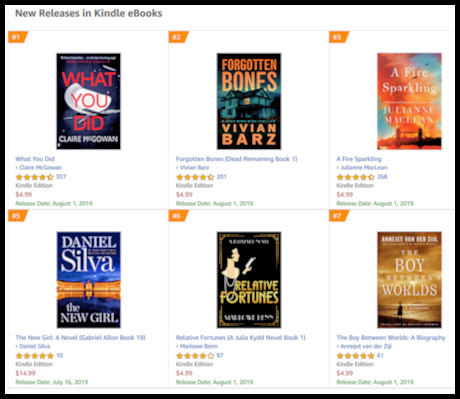| “Where ignorance is bliss, |
|
“Ignorance is bliss. Without sufficient appreciation of our own ignorance, we cease to be curious, we cease to be receptive to new ideas and we cease to be respectful of other people. Awareness of our own ignorance is a virtue: knowing that we do not know everything makes us humble, patient, open to compromise and collaboration. You may have noticed that these qualities are in short supply. Embracing your ignorance is good for you and it’s good for the world.” |
|
|
|
|
| “When it comes to anything found on the shelves of the feminine hygiene aisle, ignorance is bliss.” |
| “When it comes to communicable diseases, ignorance is not bliss.” |
| DERRICK (actor John Cameron Mitchell): “O’Neal, settle a bet. Is ignorance bliss?” |
* * * * * * * * * *
Comments? Corrections? Post them on the Famous Quotations Facebook page.
Related reading and viewing...




























